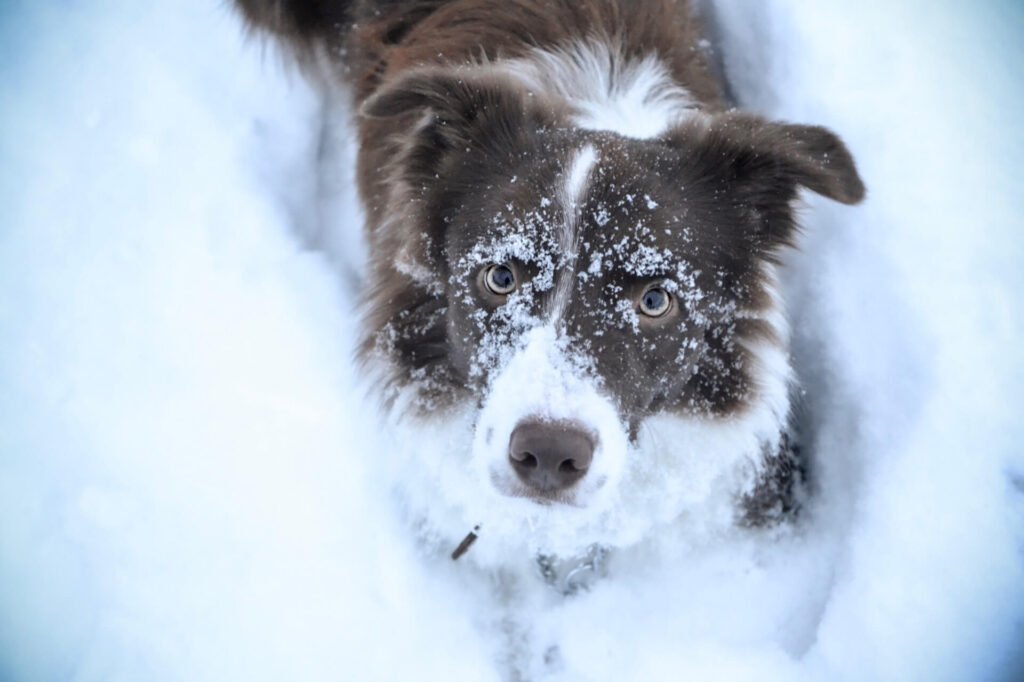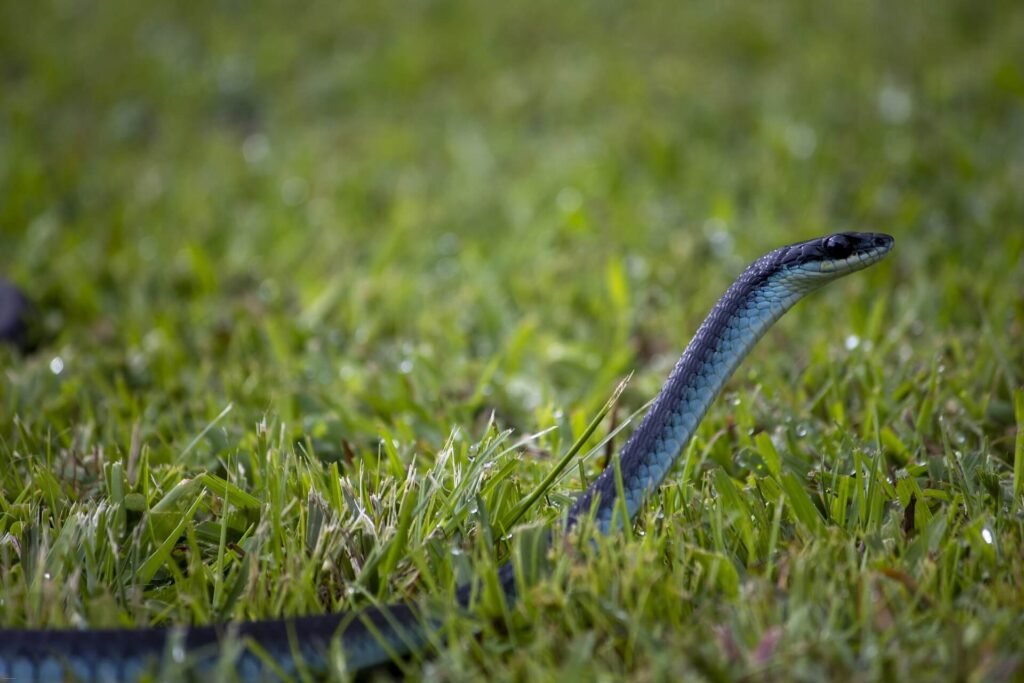Ever wonder what animals sweat?
Sweating is a natural process that helps regulate your body temperature. But what about animals? Animals do not have the same sweat glands that humans do. They cool themselves by panting, licking their fur, and through other methods.
But even some Animals sweat! In fact, most mammals do have a few sweat glands, for instance, in their paws, but they can’t produce enough sweat to cool themselves off.
So what animals sweat?
Primates!
Primates, including humans, have Eccrine sweat glands that secrete watery fluid onto their skin’s surface. This liquid evaporates and cools the body down when it’s hot outside. It also helps to regulate the body temperature in more moderate climates.
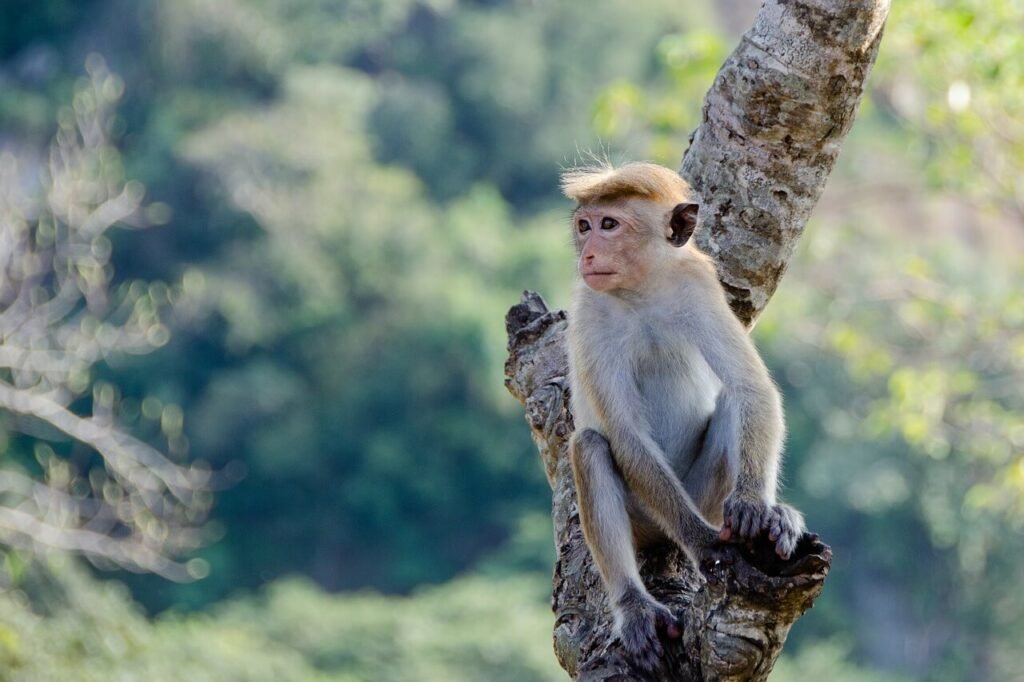
Horses
Do horses sweat like we do? Short answer: Yes! Just like people, horses need to cool off on a hot day. Horses have sweat glands in their skin. These glands secrete salt, water, and proteins from the blood onto the horse’s skin. It’s this sweaty mixture that evaporates when the sun heats up the air around the horse.
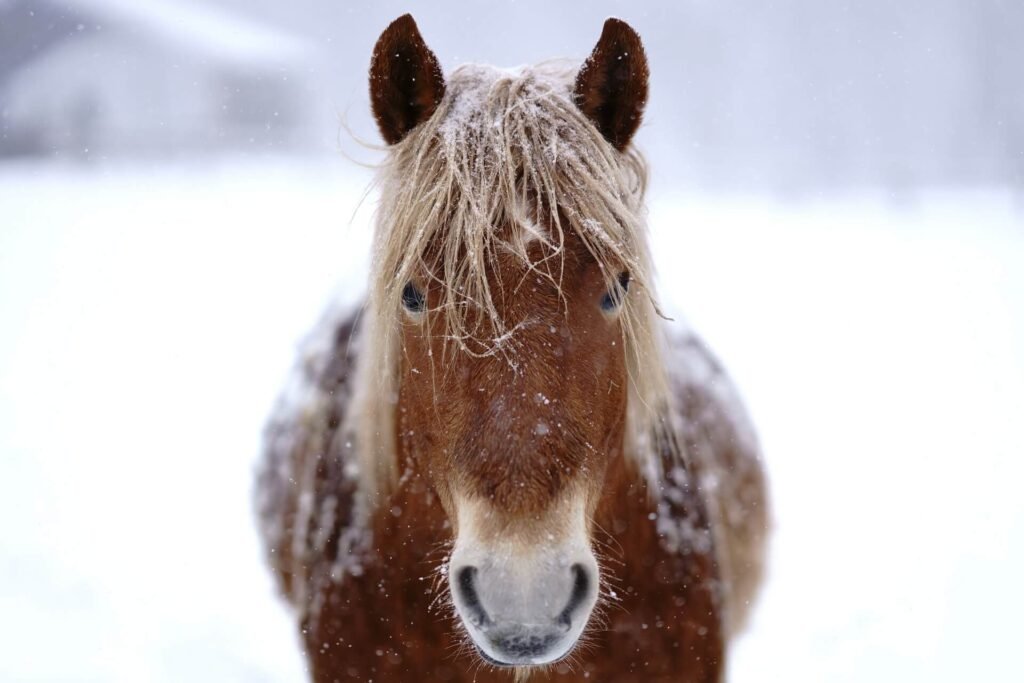
Hippos
These animals do not sweat because they don’t have sweat glands. They produce, however, a secrete that has a similar effect – it helps to control their body temperature. Hippopotamuses prefer to take a bath in mud to cool off. The hippopotamus is a large semi-aquatic mammal native to Africa. When the temperature rises during the day, this animal digs a hole in the mud and submerges completely to stay calm. This works because putting water over your skin is one of the best ways to cut down on body heat.
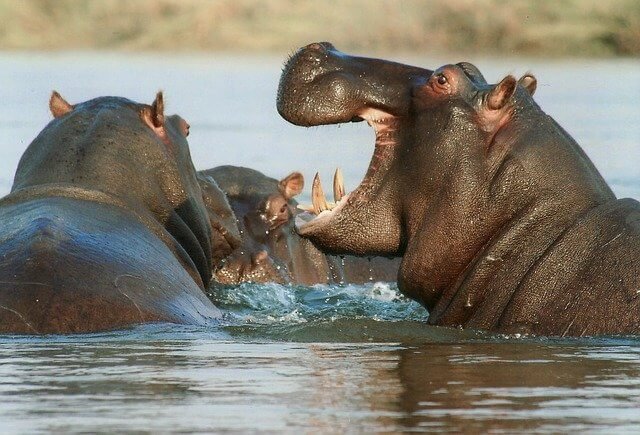
Basking in the warm sun and splashing in cold water are common ways for animals to cope with hot weather.
What about dogs?
Dogs are just like humans. They need water and shade. They also need a place to escape from the sun if it’s too hot for them. As you may realize, the intense summer heat can be dangerous for dogs. Dogs do not have the built-in cooling systems that humans have. They do have, just like cats, a few sweat glands on their paw pads. But this isn’t enough to cool off a dog in the heat. If it’s getting hot, they cool off by panting.
Dogs are also far more susceptible to heatstroke than humans. Temperature control is essential in areas with very hot summers.
Do cats sweat?
Cats have sweat glands on their hairless areas. Most of them are located in their paw pads. Because they don’t have enough sweat glands, sweating alone is not enough to cool off a cat. They also lick their coat to help lose body heat. But most cats will, when it’s getting hot outside, just become lazy in the daytime and get active at night, when the sun is down.
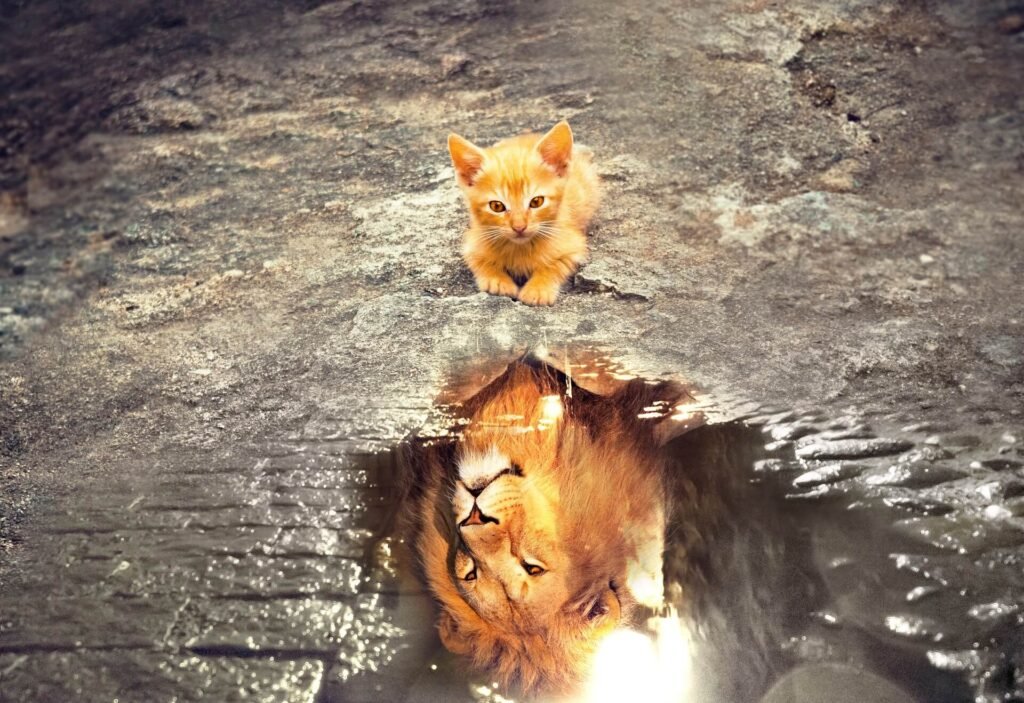
What can animals do if they can't sweat?
All animals have adapted to their natural habitat. For instance..
Pigs wallowing in mud is a familiar sight. This is because pigs don’t sweat and therefore need a way to regulate their body temperature. Pigs don’t have sweat glands, so they must find an alternative solution to release excess heat.
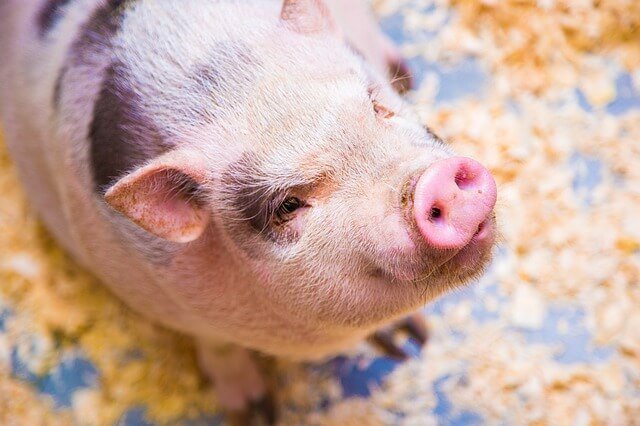
Reptiles
The snakes and lizards, for instance, really enjoy staying under rocks, logs, or burrows during the hottest part of the day. They’ll even seek out a muddy hole, often near a water source if they can find one. Many snakes and lizards will burrow themselves under rocks or wood to stay cool in the hotter parts of the day. The mud helps retain moisture, making them cooler and less vulnerable to predators in the hot, open environment.
Conclusion
Animals have to stay cool to survive. When it’s hot, they’ll find shade or a water source and hunker down until the sun goes down. They might also dig burrows or holes for themselves if they’re feeling really hot. If you see an animal sweating, taking a bath in the mud, or sleeping in the shadow, then it probably means it’s too hot out there!
